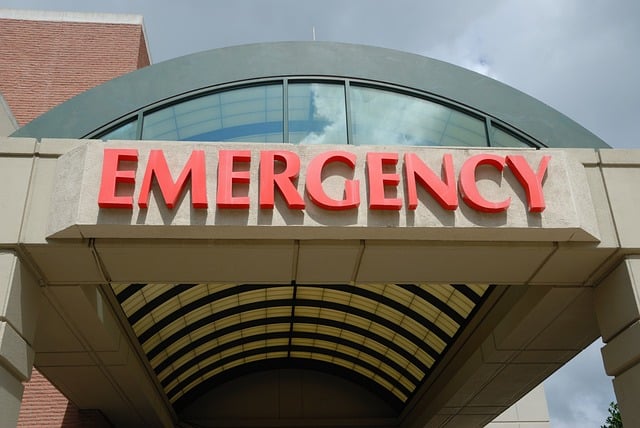Children Seeking Emergency Care for Non-Traumatic Dental Conditions Among the Highest Rates in the Country
A new report by CareQuest Institute for Oral Health®, a leading national nonprofit focused on creating a more accessible, equitable, and integrated oral health system, spotlights pediatric emergency department use for dental care in Florida.
Researchers found that children in Florida aged 14 and younger are seeking dental care through emergency departments for non-traumatic dental conditions at one of the highest rates in the country. Use rates per 10,000 people were higher among Black (48.75) and Hispanic (22.95) children compared to white children (19.6). The most common diagnoses for these children at the time of their emergency department visit were abscesses, dental caries, stomatitis, and chronic gingivitis — conditions that are largely preventable with routine preventive oral health care.
“These findings are a stark example of why it is critically important for every child to have regular access to preventive oral health care,” said Myechia Minter-Jordan, MD, MBA, president and CEO of CareQuest Institute. “Dental disease is almost entirely preventable, yet cavities are the leading chronic illness among children in this country. And Black and Hispanic children are disproportionately bearing the highest burden of this disease. Dental coverage is necessary, and these results reinforce the need to do more to address the many access barriers facing children.”
Millions of people living in the US, including those living in FL, do not have access to routine dental care due to high costs of care, lack of dental coverage, cultural and linguistic issues, shortages of dental professionals in rural areas, and the lack of integration between the medical and dental health care systems. People without dental coverage suffering from active dental disease have few viable options to access the care they need, leaving many to seek relief through hospital emergency departments.
“I have seen patients of all ages who, far too often, visit the emergency department in a lot of pain from really poor dental decay where their nerves were exposed,” said Dr. Brandon Allen, vice chair of clinical operations in the department of emergency medicine at UF Health Shands Hospital in Gainesville. “They didn’t have to come here. It didn’t have to get this far. We need to have robust access to preventive dental care so people can feel that the emergency department is not their only option.”
Most emergency departments are not equipped to provide dental treatment, and patients are often treated for symptomatic pain or possible infection without a definitive diagnosis and appropriate treatment for the underlying problem. These visits are costly — to patients, health systems, public and private payors, and taxpayers — and fail to address underlying oral health needs that would be more effectively treated by dental professionals in dental offices, clinics, and community locations. Florida hospitals billed nearly $550 million for treating non-traumatic dental conditions in 2021 alone.
Unfortunately, the use of emergency departments for non-traumatic dental conditions is not new. At a time when emergency departments are strained and in high demand, reducing the number of preventable dental visits in these settings is of vital importance.
“These current trends show how vitally important access to oral health care is for our families,” explained Dr. Frank Catalanotto, president and founder of Floridians for Dental Access. “We can and must do better for Floridians which is why we have recently teamed up with American Children’s Campaign to form a new statewide coalition to urge Florida leaders to improve oral health equity and dental access in the state.”
Addressing Florida’s oral health epidemic will require robust collaboration and cross-sector data sharing to better understand how community members access dental health care.

